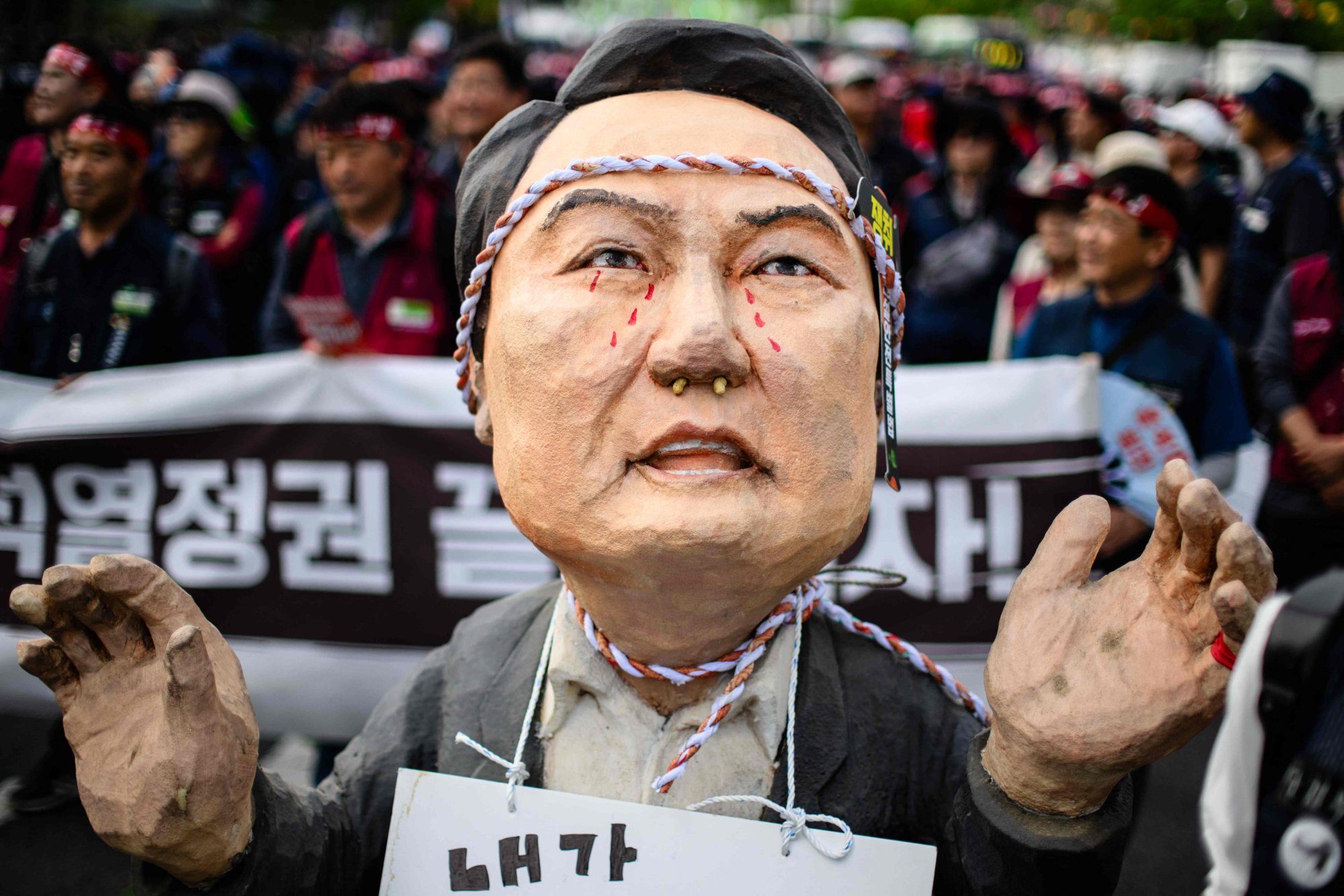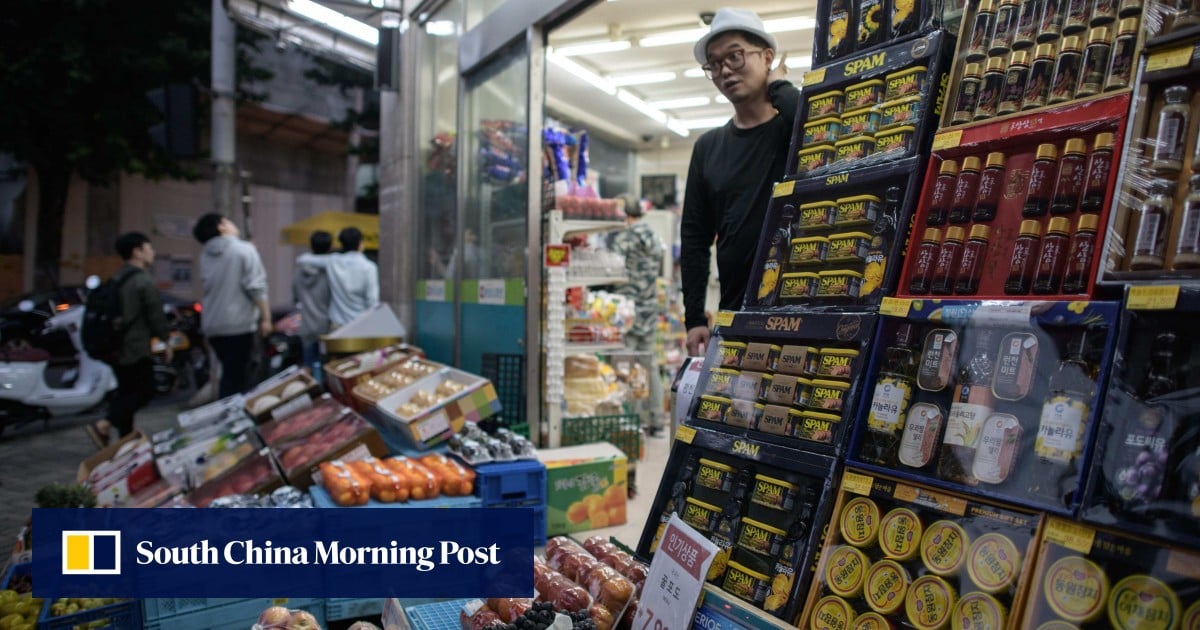And though the move may boost transparency, observers say its long-term effect is questionable.
“This measure is to prevent consumers from being unknowingly hit by indirect price increases”, the Fair Trade Commission, South Korea’s market regulator, said in a statement announcing the crackdown.
I feel cheated and it’s really irritating
Manufacturers of milk, coffee, instant noodles, toilet paper, shampoo and other daily necessities will be required to alert customers about any changes to product sizes or else face a fine of 5 million won (US$3,600), doubling to 10 million won from the second violation onwards. Notices must be placed on product packaging, in shops or on the manufacturer’s website for at least three months after the change.
Growing public resentment spurred the regulatory crackdown, with unsuspecting customers increasingly angered at having to shoulder the burden of rising production costs.
“Packets of crisps are puffed up with air to make them appear full, but when you open them up, you find the contents are quite a bit smaller than before”, said Park Shin-ae, 36.
A month-long government investigation late last year uncovered 37 product categories, including cheese, beer, and milk, that had been affected by shrinkflation.
“The corporate practice of downsizing products while maintaining prices without alerting consumers is unfair,” a Fair Trade Commission official said in a statement.
“This action aims to rectify the information imbalance between customers and manufacturers, fostering a healthier transactional culture.”
A survey last month by Korean market research company Embrain found 83 per cent of respondents said shrinkflation had made their shopping more expensive.

Snack foods like crisps and biscuits were identified as the worst-affected products, being cited by nearly three-quarters of people; followed by baked goods and rice cakes, cited by 46 per cent; ice cream and other frozen treats, by almost 39 per cent; and chocolate by around 31 per cent.
More than eight out of 10 people asked in the survey said they were unhappy to find products being reduced in size without prior notice being given.
Farm goods were over 20 per cent more expensive in South Korea last month than a year earlier, according to government statistics. Fresh vegetable prices rose 12.9 per cent on average, with outliers like cabbage rising more than 32 per cent.
Fruits were up 38.7 per cent, led by pears, which more than doubled in price, and apples that were over 80 per cent more expensive. But imported fruits, by contrast, fell in price thanks to lower tariffs aimed at suppressing inflation. Mangoes were down 24.6 per cent and bananas fell 9.2 per cent, year on year.
Yoon ordered “extraordinary measures” in March to fight food inflation, including cutting tariffs on imports and shovelling 150 billion won (US$108 million) into food subsidies.

‘Political stunt’
South Korea’s shrinkflation crackdown may help consumers make “more informed purchasing decisions”, said Lee Hong-joo, a professor of consumer economics at Sookmyung Women’s University in Seoul.
“However, it does not directly address the underlying causes of inflation: rising commodity prices, the complexity of global supply chains, and increasing labour costs,” he said.
There are also concerns about how effective the policy will be given the shortage of compliance officers on the ground, Lee said.
“This measure will only be effective if pursued in conjunction with more comprehensive economic policies to address inflation”, he added.
This measure will only be effective if pursued in conjunction with more comprehensive economic policies to address inflation
Choi Pae-kun, a professor of economics and commerce at Konkuk University, agreed that the move was largely aimed at soothing public anger about rising living costs, dismissing the crackdown as a “political stunt”.
As a phenomenon, shrinkflation is by no means confined to South Korea.
French Finance Minister Bruno Le Maire called the practice a “scam” and stressed the importance of transparency.
There was no immediate reaction from companies in South Korea to the new shrinkflation regulation.
Additional reporting by Associated Press

